We swore a blood oath: Former CIA officer reflects on al-Zawahiri killing
- By Frumentarius
Share This Article

It is hard to describe for those who weren’t yet born or who were too young on September 11, 2001, how emotionally impactful that day was for most Americans. It was a great collective shock in that short moment of America’s unchallenged supremacy. We had already suffered at the hands of al-Qaeda, both in East Africa and off the coast of Yemen. However, the terrorism threat nevertheless remained largely an under-appreciated one, at least for most of us.
Even those of us serving in the military in 2001 didn’t yet have a significant mission set that focused in any concrete way on the threat of al-Qaeda. For example, on September 10, 2001, my Navy SEAL platoon was in pre-deployment training with Air Force Special Operations elements in Florida. We saw our only real chance for any kind of action at all a largely peaceful NATO surveillance and reconnaissance-focused mission in Kosovo. That was pretty much the only game in town in those days. How times would change following that sunny Tuesday in September 2001.
CIA’s consuming focus
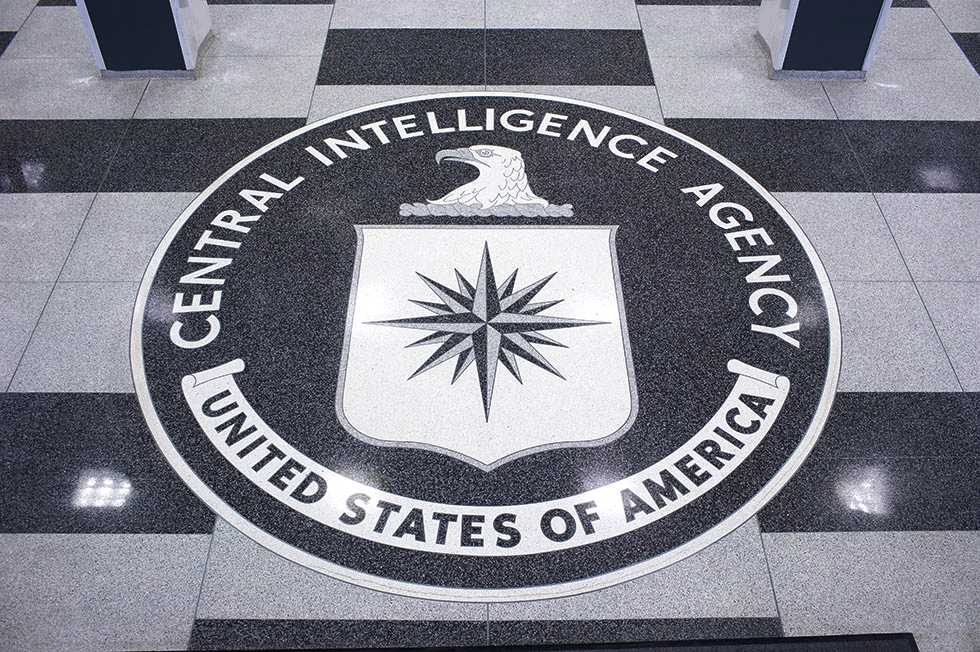
As we look back now, the 9/11 attacks largely belong to the history books. They are as far away from my children’s consciousness as Pearl Harbor was for the Baby Boomers. My kids did not experience 9/11, they were not shaped by the event, and they have no concept of the deep, all-consuming rage that took root in many of us on that day.
That collective feeling of righteous anger, terrible sadness, and desperate thirst for revenge that took hold of many of us after 9/11 is what drove a great many in the military and national security realm to spend the next decades of our lives hunting down those responsible for that day.
Arguably, none were as singularly focused on the hunt for the senior planners of 9/11 as the CIA’s Counterterrorism Center (CTC). Teams of operations and analytical personnel within CTC, together with elements of the NSA and others in the U.S. national security apparatus, would spend years collecting and sifting through intelligence data – from all possible sources – trying to find those who had planned the 9/11 attacks, and who led al-Qaeda in the years after.
Related: Delta Force escapades with Poland’s elite GROM special operations unit
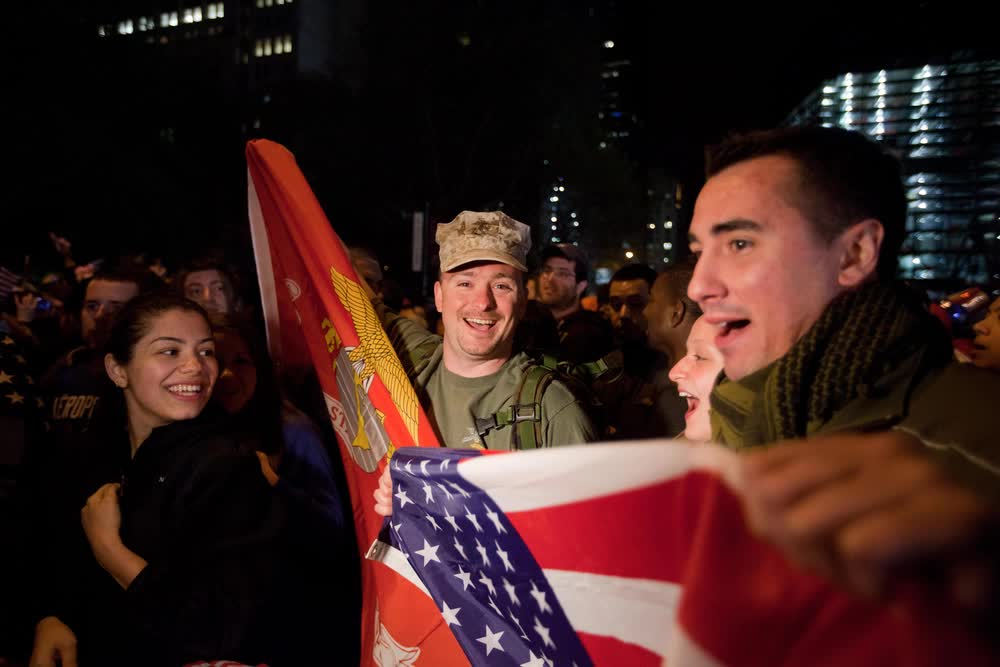
The focus was intense, unrelenting, and maybe compulsive. Walking around CTC offices at CIA Headquarters, or in the field, one could find taped to cubicles pictures of “The Falling Man,†nose-diving off one of the World Trade Center towers on 9/11. Alongside that picture, one could find a printout of the most-wanted al-Qaeda senior leaders. As the years rolled by, red Xs started to appear over each of those figures who had played a role in the attacks. CTC played a leading role in most of those successful operations. It is hard to overstate how laser-focused that segment of the CIA remained for more than 20 years.
In the years immediately after 9/11, it was impossible to satiate our desire to destroy al-Qaeda. We would go from one region of the world to another in our quest to take down the terrorist organization. Even as the war in Iraq forced away the attention of many starting in 2003, there was never a shortage of CTC officers lined up to go to Afghanistan or Pakistan for a year at a time to hunt al-Qaeda senior leaders. For many of us, it was the only intelligence that mattered in the world of counterterrorism and would remain so until the hunt was over.
The last major figure remaining on that vengeance list was the Egyptian Ayman al-Zawahiri. For a decade, al-Zawahiri was al-Qaeda’s number two behind bin Laden.
The importance of the al-Zawahiri killing
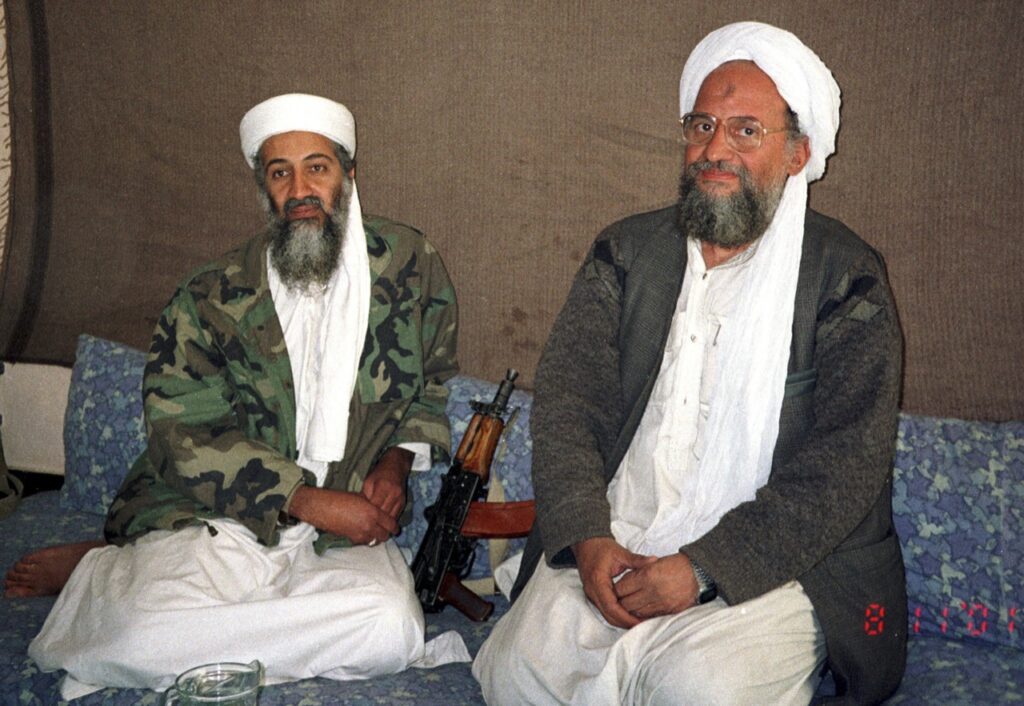
Zawahiri assumed the top spot in 2011 after bin Laden was killed by U.S. forces following a 10-year hunt. The jubilation felt at the killing of bin Laden was great and could never be replicated with the remaining figures. However, the feeling of killing Zawahiri in a Hellfire strike last week was, for me like finishing a grueling marathon. It was jubilation tempered somewhat by a fulfilling sense of resignation that the race had finally come to a finish. The hunt was finally over. We had finally cleared the deck of those major players who had planned and organized the September 11 attacks.
Even though I have been out of that hunt for over 10 years now, I still felt an acute sense of fulfillment at the killing of al-Zawahiri. Those who continued on in CTC, or who joined up after my time had passed, kept at their most important job, and never let up. We expected nothing less of them, and they lived up to those expectations. I commend them for that, and I thank them for letting us vicariously celebrate the sense of mission accomplishment that we should all feel.
Will the killing of al-Zawahiri, this final act of vengeance for the 9/11 attacks, signify the end of al-Qaeida, or of terrorism? Of course not. That is not the point. The point is that we were attacked in our homeland on 9/11/2001, and we swore vengeance.
We swore a blood oath to find those responsible. It might sound like Old Testament thinking and perhaps beneath our Enlightenment ideals. It probably is all of those things, but it was also necessary. Those responsible for that day couldn’t go unpunished, and we have now upheld that blood oath. Well done to my brothers and sisters in the CIA, and to all those who played their part over the last two decades. You should all be proud.
Feature Image: American flag (Creative Commons)
Read more from Sandboxx News
Related Posts
Sandboxx News Merch
-

A-10 ‘Thunderbolt Power’ Framed Poster
$45.00 – $111.00 Select options This product has multiple variants. The options may be chosen on the product page -
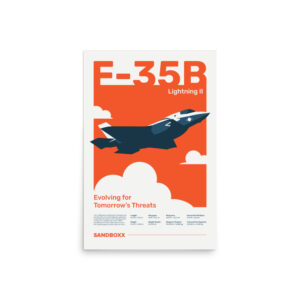
F-35 ‘Evolution’ Poster
$22.00 – $28.00 Select options This product has multiple variants. The options may be chosen on the product page
Frumentarius
Frumentarius is a former Navy SEAL, former CIA officer, and currently a battalion chief in a career fire department in the Midwest.
Related to: Breaking News, Special Operations
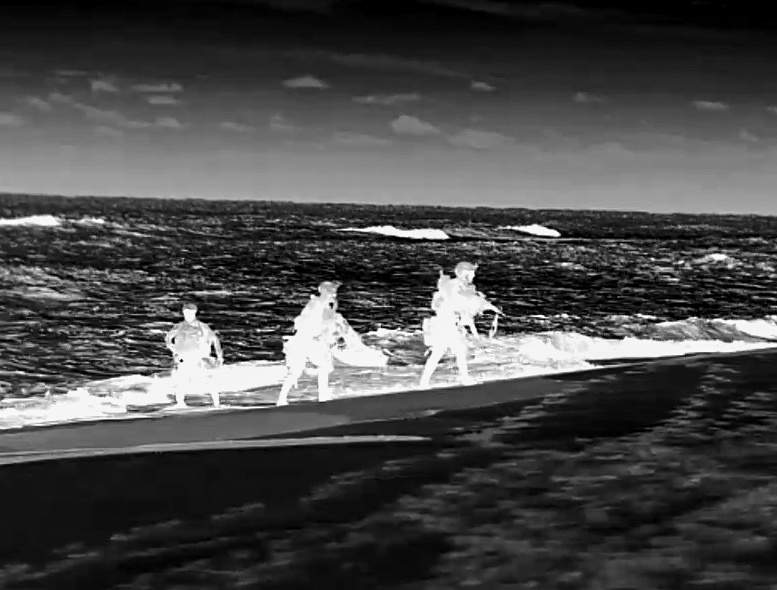
This is how Navy SEALs conduct “over-the-beach” operations
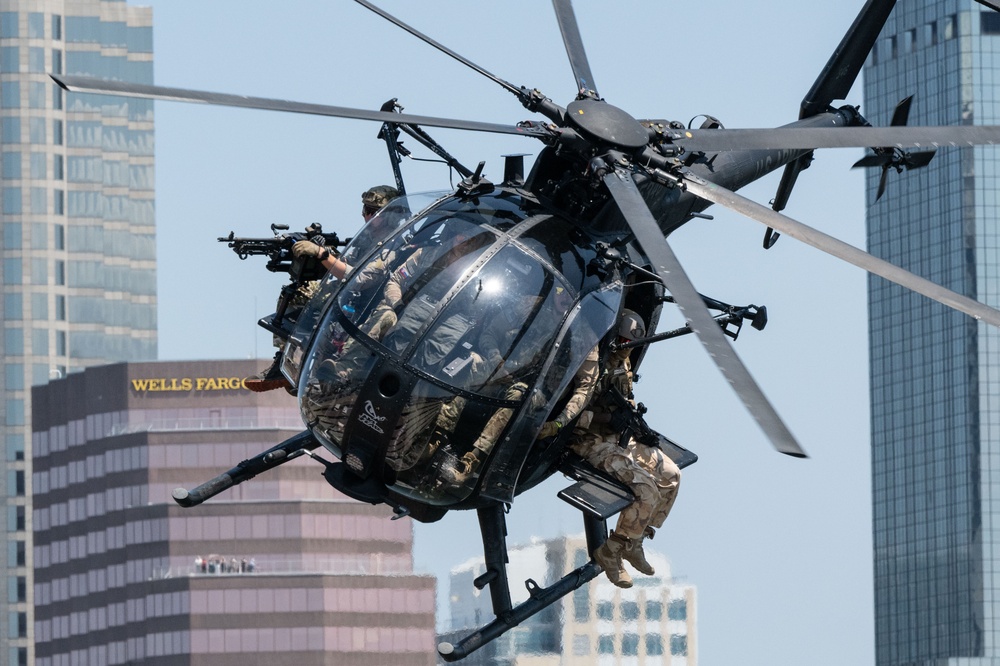
A Delta man’s failure to follow instructions was more than it seemed
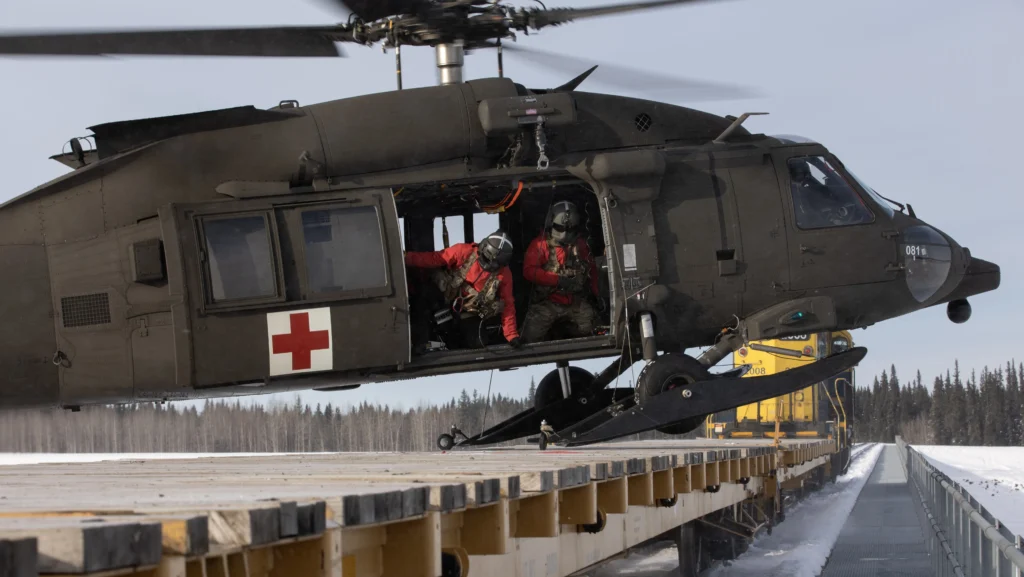
Soldiers in Alaska landed their Black Hawk on a train in a special ops exercise
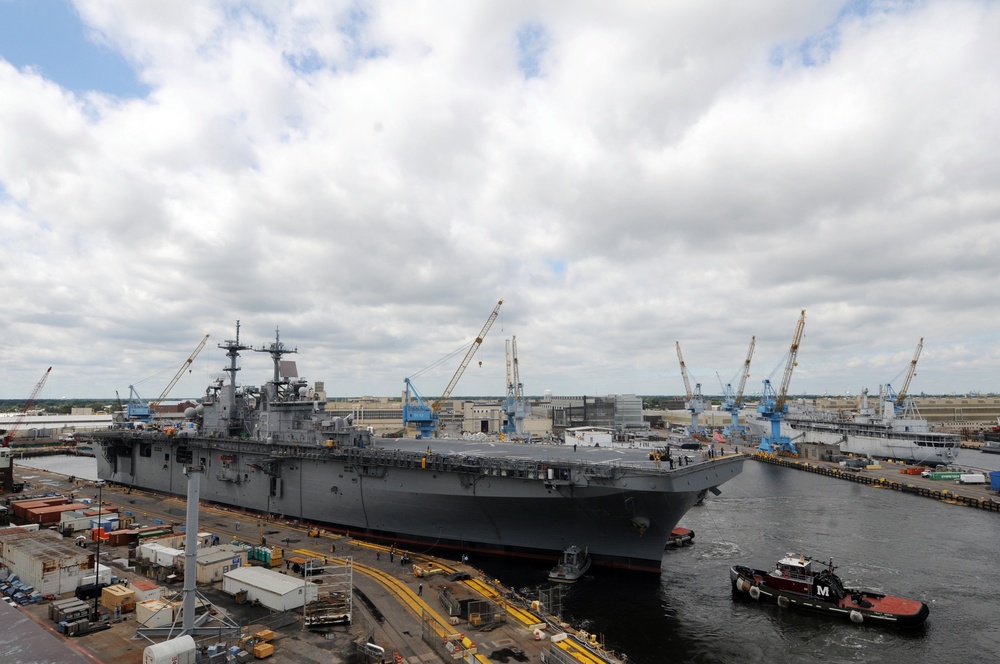
Fixing the US Navy’s shipbuilding problems starts with the workers, agency analysts say
Sandboxx News
-

‘Sandboxx News’ Trucker Cap
$27.00 Select options This product has multiple variants. The options may be chosen on the product page -

‘AirPower’ Classic Hoodie
$46.00 – $48.00 Select options This product has multiple variants. The options may be chosen on the product page -

‘AirPower’ Golf Rope Hat
$31.00 Select options This product has multiple variants. The options may be chosen on the product page -

‘Sandboxx News’ Dad Hat
$27.00 Select options This product has multiple variants. The options may be chosen on the product page
